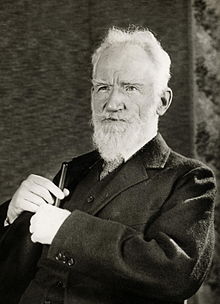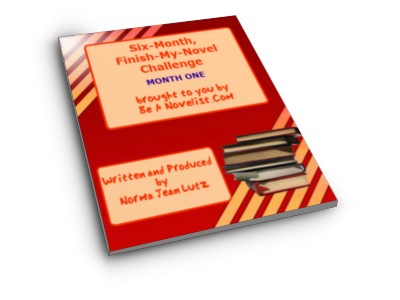Valentine’s Day
 In this the Valentine month thoughts turn to love, romance, courtship, and all the joy and pain it brings. For the novelist, however, these thoughts are never far from mind no matter the month or the holiday.
In this the Valentine month thoughts turn to love, romance, courtship, and all the joy and pain it brings. For the novelist, however, these thoughts are never far from mind no matter the month or the holiday.
The idea of a mythical being named Cupid has been with us for eons of time. Depicted – in this age at least – as a chubby little character armed with his bow and fatal arrow seeking hapless folk upon which to inflict love, passion, and desire for a certain other. Even Shakespeare in A Midsummer Night’s Dream gave Cupid his due, noting that he is not only effective, but blind as well.
Love looks not with the eyes, but with the mind,
And therefore is winged Cupid painted blind.
Nor hath love’s mind of any judgement taste;
Wings and no eyes figure unheedy haste.
And therefore is love said to be a child
Because in choice he is so oft beguiled.
Everyone Loves a Love Story
For as long as there have been novels, love has often played a leading role in the plot. Readers never tire of it. Romance novels sell as well today as they ever did. Everyone loves a love story.
Never has this truth been more clearly evidenced as it is in the play Pygmalion by George  Bernard Shaw. The central theme of his story is transformation. It depicts the transformation in Eliza Doolittle after Henry Higgins changes her from a cockney flower girl to an upper class lady who conducts herself with decorum and speaks impeccable English.
Bernard Shaw. The central theme of his story is transformation. It depicts the transformation in Eliza Doolittle after Henry Higgins changes her from a cockney flower girl to an upper class lady who conducts herself with decorum and speaks impeccable English.
This play later became the noted movie, My Fair Lady, starring Audrey Hepburn. The two however, have very different endings. In the play Eliza, after being changed, can neither go forward as the duchess Higgins falsely made her out to be; nor can she ever go back to selling flowers on the street as a cockney girl. In anguish she leaves him.
Suddenly realizing that he too has been transformed, Henry searches her out and begs her to return. Not because he loves her but because now he sees that he needs her. His suggestion is that the three of them – he, Colonel Pickering and Eliza – live together in a sort of a bachelor arrangement. When she again tells him good-bye forever, he still cannot understand what went wrong. Henry Higgins is no gentleman (at least not in the play) and is no lover.
Audiences Hated It
But – and here comes the rub – audiences hated it. What did they want? They wanted a love story. They wanted romance. Shaw wrote a story of transformation and how those changes affect not only the individual, but those in close proximity.
His audiences – up to and including those who love the movie – refuse to accept that plot ending. Even producers of the play in later years were guilty of re-writing the end to please the audience.
Be Prepared
What are we to learn from this as novelists? Everyone loves a love story. And there are countless ways to weave a plot to include the finer points of how many ways love can go right – and wrong.
We can also learn that if we prefer a theme of transformation over a theme of romance  we’d better be prepared for the fallout that may come from our readers. (You have been warned.)
we’d better be prepared for the fallout that may come from our readers. (You have been warned.)
Happy Valentine’s Day!
Photo Credit: © Agno_agnus | Dreamstime.com
~*~*~*~*~*~*~*~*~*~*~*~*~
Are you one of those budding novelists who make a great start but who can’t seem to  finish? Then this is for you! Be A Novelist, Six-Month, Finish-My-Novel Challenge! Six full months of guidance and instruction. Guaranteed to light a fire under your novel-writing attempts and to launch you into a pattern of consistent writing! Details right here!
finish? Then this is for you! Be A Novelist, Six-Month, Finish-My-Novel Challenge! Six full months of guidance and instruction. Guaranteed to light a fire under your novel-writing attempts and to launch you into a pattern of consistent writing! Details right here!
~*~*~*~*~*~*~*~*~*~*~*~*~
